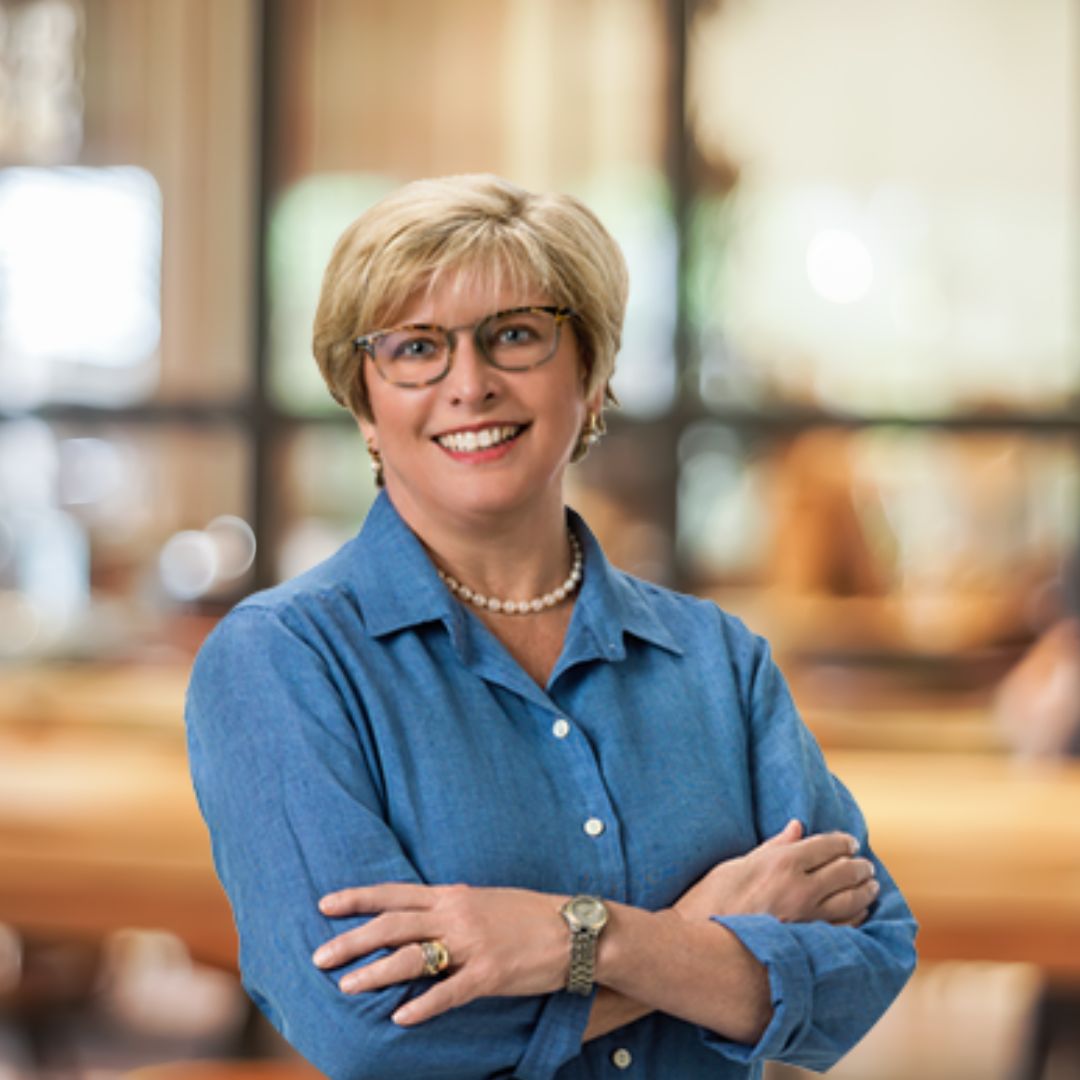The significance of sound in our lives cannot be overstated; it plays a key part in our personal growth and development, resonating from our earliest years to our golden ones. The melodies of those who nurture, cherish, and guide us shape our understanding of the world and allow us to foster connections with what’s around us. Therefore, preserving our hearing isn’t just a preference but a profound necessity.
As an audiologist, I am acutely aware of the impact sound has on our lives and how necessary it is to educate all age groups on the importance of hearing care. Join me as I discuss the nuances of infant to senior hearing care, with strategies for preserving and treating auditory concerns at all stages of life.
Pediatric Hearing Care
Hearing loss in early childhood or young adulthood can happen for several different reasons, including genetics or illness. Regular testing is a key part of childhood hearing loss prevention and a must to ensure that your kids have access to effective early interventions.
Babies and Children
For most babies, the first hearing screening they’ll undergo takes place before they’ve even left the labor and delivery unit. This is, known as a newborn hearing screening, which is the first line of defense in pediatric hearing care and helps alert parents and providers to any potential concerns that could inhibit future hearing and language development. Because hearing loss can develop later in childhood, it’s recommended that children have several additional hearing evaluations in this early stage of life – normally between 6 and 30 months, then in preschool, and again in elementary school.
The most common type of hearing loss in children is conductive hearing loss, which occurs when there’s a blockage in the outer or middle ear. This can be treated with medication, ear tubes, or surgery. Genetic hearing loss in children is harder to treat, but assistive listening devices like hearing aids or cochlear implants can be immensely helpful.
Aside from regular screenings, you can protect your child’s hearing by avoiding loud noises and providing them with noise-canceling headphones in high-volume environments.
Adolescents and Young Adults
This age group is particularly prone to noise-induced hearing loss (NIHL). So much so, in fact, that the World Health Organization estimates that more than one billion young adults worldwide are at risk of “permanent, avoidable hearing loss caused by unsafe listening practices.”
In addition to scheduling further hearing evaluations in the pre-teen, teen, and young adult years, those in this age group require education on safe listening practices, such as limiting the volume on earbuds and headphones. Personal listening devices like these are placed in or directly near the ear canal and pose a particularly high risk of damage to the hair cells that help sound vibrations travel to the brain.
Adult Hearing Care
One of the main differences when discussing pediatric vs. adult hearing loss is that, for older individuals, it’s often a question of when, not if, hearing concerns will arise. I make sure my adult hearing care patients understand prevention and that they’re well aware of the risks behind certain lifestyle considerations.
Middle Age
Age-related hearing loss is a gradual concern, and the first signs usually appear around late middle age. Ongoing exposure to loud noises in or out of the workplace, genetics, health issues like diabetes, or loss of hair cells in the ear can all be at play. Though age itself is enough to kickstart hearing loss and other concerns.
Regular check-ups and screenings are important at this stage. So are specialist appointments to address early signs of hearing loss, such as difficulties understanding people when they’re talking. Left untreated, adult hearing loss can continue to worsen and may have major social, physical, or mental implications, including depression.
Seniors
Hearing loss prevention in older adults is largely about ear protection and limiting exposure to loud noises. Even then, however, gradual, ongoing hearing loss is a huge part of senior hearing care, affecting 80% of those aged 80 and older.
Hearing aids and other assistive devices are commonly used at this stage to improve quality of life and help seniors maintain social connections. Like middle-aged adults, untreated hearing loss in seniors may result in adverse health concerns. Fortunately, we’ve come a long way in hearing aid comfort and function, and many seniors can find an assistive listening device that meets their needs.
Hearing Care Matters At All Ages
Hearing loss rates and risk factors vary by age group. What doesn’t vary, though, is the need for proactive measures that protect your hearing, as well as routine screenings for early intervention so you can prevent hearing loss from getting worse.
At Shelby Hearing, we work with patients to address hearing concerns and offer safe and effective diagnostics and treatments. This includes hearing assistance support and working one-on-one with our patients to help them learn to navigate life with hearing difficulties. Schedule an appointment at our center in Shelby, North Carolina, or use HearingLoss.com to search for a certified hearing care professional in your area and browse through additional resources, including a free online hearing test.


